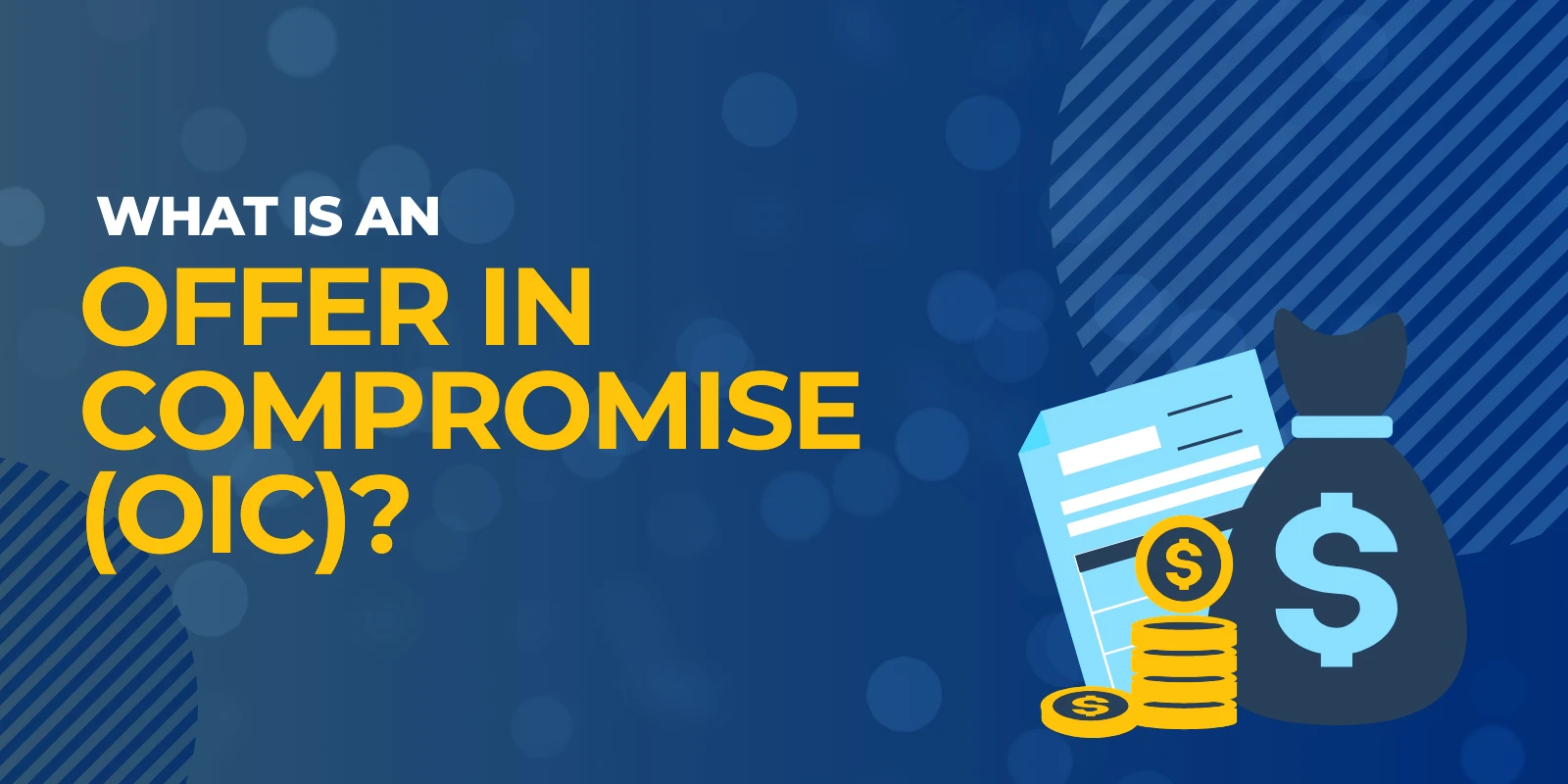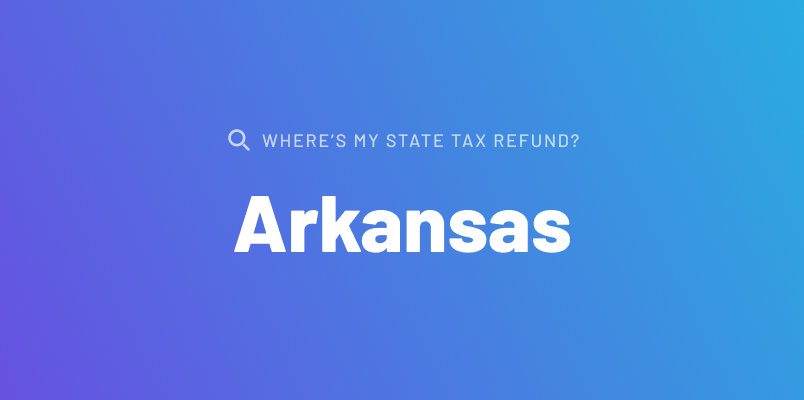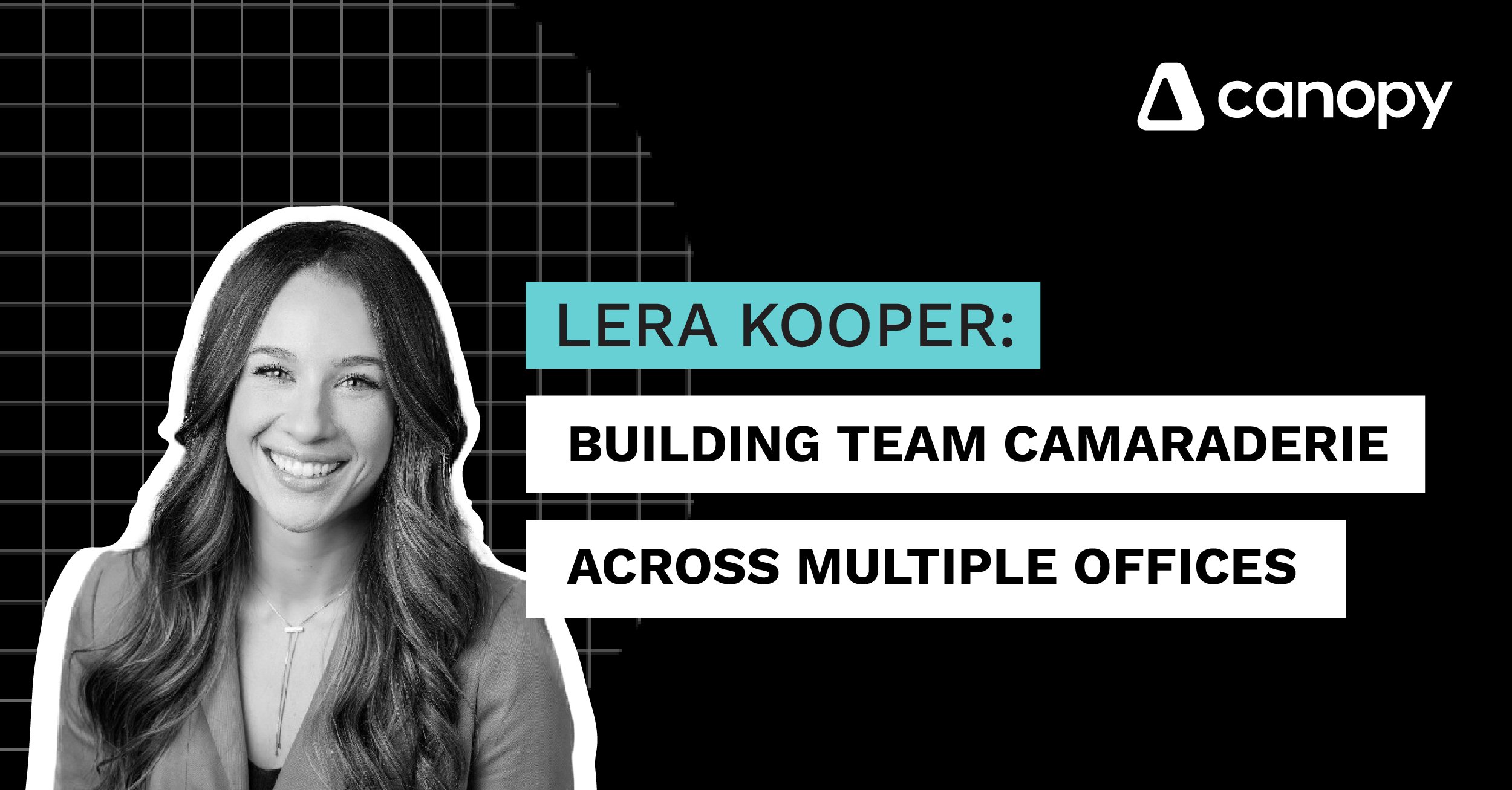Key Takeaways:
An Offer in Compromise allows taxpayers to settle IRS debts for less than the full amount owed, providing relief from financial hardship and a fresh start.
Eligibility requires filing all tax returns, current estimated payments, no open bankruptcy, and a demonstrated inability to pay full liability or valid dispute over the debt.
The IRS accepts OICs based on three reasons: doubt as to collectibility, doubt as to liability, or effective tax administration in cases of hardship or exceptional circumstances.
Reasonable Collection Potential (RCP) determines the minimum acceptable offer, factoring in assets, income, and allowable living expenses; certain protected assets may be excluded.
Taxpayers submit Form 656 (or 656-L for doubt as to liability) with supporting financial statements (Form 433-A or 433-B), along with a nonrefundable application fee and initial payment unless qualifying for a low-income exception.
Accepted OICs require ongoing compliance for five years, including timely filing and payment of taxes; rejected offers may be appealed within 30 days, while returned offers must be corrected and resubmitted.
Tax debts can be a significant burden, causing stress and financial strain for individuals and businesses alike. Fortunately, the IRS offers various options to help taxpayers settle their debts, one of which is known as an Offer in Compromise (OIC). An Offer in Compromise is a valuable tool that allows eligible taxpayers to settle their tax liabilities for less than the full amount owed. By negotiating an OIC, taxpayers can regain financial stability while the IRS receives what it can realistically collect. However, this is not a simple or guaranteed solution. Only a small percentage of OIC applications are approved because the IRS maintains strict eligibility and documentation standards. This guide will walk you through eligibility, application procedures, reasons for acceptance, payment options, and real-world examples of taxpayers who successfully utilized an OIC.
Understanding Offers in Compromise
An Offer in Compromise is essentially a settlement agreement between a taxpayer and the IRS. It enables taxpayers to resolve their tax debt by paying an amount that is less than the total amount owed. The IRS considers an OIC as a legitimate option for taxpayers who are unable to pay their full tax liability or if doing so would cause significant financial hardship. However, taxpayers should be aware of the OIC process.
Any payments you submit with your application are non-refundable, even if the IRS rejects your offer. These payments are applied to your tax liability.
During the review process, the IRS will suspend collection activities. However, they can still file a Notice of Federal Tax Lien.
Submitting an OIC will extend your Collection Statute Expiration Date (CSED). This date is used to determine how long the IRS can legally collect from you.
If you submit an OIC while you have an open installment agreement with the IRS, you may stop making payments on your installment agreement while your OIC is under review.
Your OIC is accepted if the IRS does not decide within two years of receiving the application. This does not include appeal periods.
Offer in Compromise Eligibility Criteria
Not everyone qualifies for an OIC. In fact, many taxpayers don’t. Only about a third of OICs were accepted in 2023. The IRS evaluates applications carefully, considering both the taxpayer’s financial situation and compliance history. The IRS offers an online questionnaire to determine eligibility. Generally, taxpayers must meet the following conditions to be eligible for consideration:
1. Doubt as to Collectibility
This category applies when the taxpayer cannot pay the full tax liability now or in the foreseeable future. The IRS calculates your Reasonable Collection Potential (RCP), which includes:
Anticipated future income, minus allowed basic living expenses based on IRS National and Local Standards
The fair market value of your assets, such as real estate, vehicles, bank accounts, and other property
Let’s look at an example. Jane owes $50,000 in federal taxes but has $5,000 in assets and a monthly net income that only covers her rent, food, and medical expenses. Because her RCP is far below her tax debt, she may qualify for an OIC based on doubt as to collectibility.
The IRS also considers whether certain assets are protected by state laws or otherwise inaccessible for collection, such as:
Property transferred to defraud creditors: If you moved, sold, or gave away property just to hide it from the IRS or other creditors, the IRS can still count it when figuring out what you can pay. They don’t ignore property that was intentionally hidden to avoid taxes.
Property held by a non-liable spouse protected under state law: If your spouse legally owns property and is not responsible for your tax debt, the IRS usually can’t take it depending on your state’s laws. Some states let the IRS claim part of your spouse’s property if it could be used to pay your taxes, but other states fully protect it.
2. Doubt as to Liability
This applies when there is a genuine dispute about the existence or amount of tax owed. You must provide evidence supporting your claim that the IRS assessment is incorrect.
For example, a small business owner receives a tax assessment for $30,000, but she has documentation showing that certain claimed income was never received. She may submit an OIC based on doubt as to liability.
3. Effective Tax Administration
In rare cases, the IRS may accept an OIC even if the full amount of tax can theoretically be collected. This is only considered when paying the full liability would cause economic hardship or when exceptional circumstances exist.
Examples of economic hardship or exceptional circumstances include:
A disabled taxpayer with limited income who cannot sell or mortgage a specially equipped home without severe adverse effects
A parent providing full-time care for a child with a serious long-term illness
A retired taxpayer whose retirement account could satisfy the debt but liquidating it would prevent covering basic living expenses
The IRS evaluates these cases carefully, weighing the taxpayer’s compliance history, prior tax avoidance, and efforts to follow tax laws.
The Application Process
Applying for an Offer in Compromise involves several steps, and it’s essential to follow the process carefully to maximize the chances of acceptance. The key steps typically include the following.
Reviewing Eligibility
Taxpayers should carefully review the eligibility criteria and ensure that they meet the necessary requirements before applying.
Gathering Documentation
The IRS requires extensive documentation to support the offer, including details of income, expenses, assets, and liabilities. Taxpayers must gather and submit all relevant financial information as part of their application. This part of the process is extremely time-consuming and exhausting. It’s not uncommon for the IRS to receive several boxes of documentation to support OICs.
Completing the Forms
The IRS provides specific forms for submitting an Offer in Compromise. To prove Doubt as to Collectibility, you will need Form 656, Offer in Compromise. In addition, you’ll need to submit Form 433-A, Collection Information Statement for Wage Earners and Self-Employed Individuals, or Form 433-B, Collection Information Statement for Businesses. To prove Doubt as to Liability, you’ll need Form 656-L, Offer in Compromise (Doubt as to Liability). All forms and instructions are included in the Offer in Compromise Booklet (Form 656-B PDF). Taxpayers must complete these forms accurately and honestly, providing all requested information. Any bit of misinformation can result in rejection.
Submitting the Offer
Once the forms and supporting documentation are complete, taxpayers can submit their Offer in Compromise to the IRS along with the required $205 application fee and initial payment. Taxpayers may choose one of two payment plans for an OIC:
1. Lump Sum Offer
Payable in 5 or fewer installments within 5 months of acceptance
Requires 20% of the offer amount submitted with the application (nonrefundable, applied to tax liability)
The taxpayer may designate which tax liability the payment applies to
2. Periodic Payment Offer
Payable in 6 or more installments within 24 months of acceptance
Requires the first installment submitted with the application
Monthly payments continue during the IRS review
Payments are nonrefundable and applied to the tax liability
For example, Tom owes $40,000 in taxes and submits a $15,000 OIC under the lump sum option. He includes $3,000 with his application. If accepted, he will pay the remaining $12,000 in up to four installments within five months. If you qualify under the low-income certification guidelines, you are not required to:
Submit the application fee or initial payment.
Make monthly payments while your offer is under review.
For more information, refer to Form 656-B, the Offer in Compromise Booklet.
Waiting for Review
After receiving the offer, the IRS will review the application to determine its validity and whether the proposed settlement amount is acceptable. This process can take several months, during which the IRS may request additional information or clarification. While an OIC is pending, the IRS suspends most collection activities. This suspension also applies:
For 30 days following an OIC rejection
During the period of a timely appealed rejection
However, the IRS may still file a Notice of Federal Tax Lien to protect its interest.
Acceptance or Appeal
Once an OIC is accepted, the taxpayer agrees to:
Fully comply with all tax laws
File all returns and pay taxes on time for five years after acceptance
Allow the IRS to retain any refunds for tax returns filed through the acceptance date
Defaulting on these terms allows the IRS to reinstate the original liability, plus interest and penalties.
If your OIC is rejected, you have 30 days to appeal to the IRS Independent Office of Appeals. You may appeal within 30 days using Form 13711, Request for Appeal of Offer in Compromise. If your OIC is returned, it is usually due to incomplete information, missing fees, or unfiled returns. Returned offers cannot be appealed but may be resubmitted once corrected.
Is an OIC Right for You?
An Offer in Compromise is most appropriate if:
You cannot pay your tax debt in full
Payment would create financial hardship
You meet strict eligibility requirements
The IRS prefers to receive some payment rather than none. Be sure to prepare thoroughly, calculate reasonable offers based on their RCP, and document hardship or exceptional circumstances clearly. Properly prepared OICs significantly increase the likelihood of acceptance.
For instance, Sara owed $60,000 in federal taxes. She submitted an OIC citing disability, limited income, and an ill-dependent parent. By carefully documenting her monthly expenses and providing medical records, her OIC was accepted for $22,000, allowing her to resolve the debt without liquidating her home.
FAQs – Offer in Compromise (OIC)
Is an IRS offer in compromise a good idea?An OIC can be a good option if you cannot pay your tax debt in full and meet strict eligibility requirements. It provides a way to settle your debt for less than owed while avoiding ongoing financial hardship.
How does an OIC affect my credit?An OIC itself does not directly impact your credit score. However, unpaid taxes may result in a tax lien, which can hurt your ability to obtain new credit. Once accepted, the IRS may release liens or mark them as satisfied.
How much will the IRS usually settle for?The IRS generally accepts an offer equal to or greater than your Reasonable Collection Potential (RCP), which considers your assets, income, and allowable living expenses. Offers significantly below your RCP are unlikely to be accepted.
How long does the OIC process take?The OIC review process typically takes 6–12 months and sometimes longer, depending on complexity and IRS documentation requests. Timely submission of accurate forms and supporting financial statements can help reduce delays.
Can I negotiate with the IRS myself?Yes, taxpayers can submit and negotiate an OIC directly, but the process is complex and requires thorough documentation and knowledge of IRS rules. Many taxpayers seek professional guidance to improve their chances of approval.
What are the drawbacks of an offer in compromise?Drawbacks include a low acceptance rate, nonrefundable application fees and payments, extended compliance requirements for five years, and the risk that rejected offers could result in continued collection actions.
Need Help with an OIC? Call Optima Tax Relief
Offers in Compromise represent a valuable option for taxpayers struggling with unpaid tax liabilities. By allowing eligible individuals and businesses to settle their debts for less than the full amount owed, Offers in Compromise can provide a lifeline to those facing financial hardship or significant disputes regarding their tax liabilities. However, navigating the application process can be complex, and it’s essential for taxpayers to understand the eligibility criteria, gather necessary documentation, and follow the process carefully. For taxpayers burdened by tax debt, an Offer in Compromise may provide the opportunity for a fresh start and a brighter financial future. Optima Tax Relief has a team of dedicated and experienced tax professionals with proven track records of success.
If You Need Tax Help, Contact Us Today for a Free Consultation


























